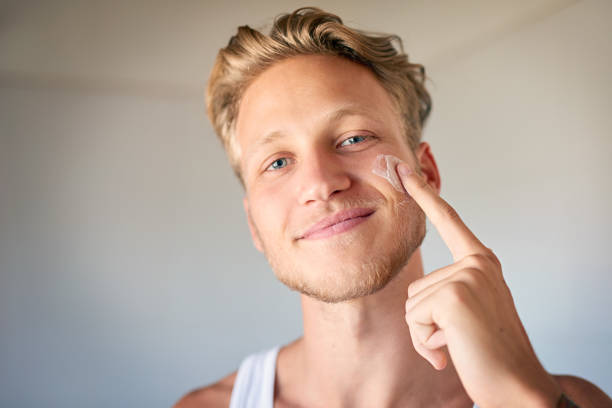We live in an organic world, and we are organic beings. In terms of skin care, there’s nothing much to say. Living in harmony with nature is perhaps the best skin care advice.
There are perhaps hundreds of skin care products in the market today that seem to lure you into buying them by saying they are natural. Further inquisitiveness would prove they are not what they prove to be by reading the back labels. Always remember that whatever substances we put on the skin of our body , they eventually end up inside our bodies. Scary, isn’t it? Most artificial substances used in skin care products are actually carcinogens that gradually build up in your system and become full-grown problems in the coming years.
Unfortunately, “natural” or organic skin care is not FDA regulated so that products with even one percent of organic ingredient can be called organic or natural. The following are chemical offenders you need to watch out for.
Formaldehyde and imidazolidinyl urea are preservatives. The former is found mostly in nail polish, nail hardeners and cosmetics. Both have been associated with causing unfavorable skin reactions. Synthetic fragrances, being artificial, should be avoided. Opt for perfumes that contain natural fragrance or those coming from essential oils for your organic skin care.
Additionally, methyl paraben is another preservative with an extensive usage and suspected to cause skin irritations. It’s also possibly a xenoestrogen (a carcinogen that complicates human reproductive processes and is correlated with breast cysts). Look out for butyl, ethyl, and propyl baraben as well. Isopropyl alcohol might be anti-bacterial but the fact that it’s obtained from petroleum should make you think many times before opting to it. It definitely shoud not be used in your your organic skin care regiment.
Methylisothiazolinone is another known preservative. Its effects are not expressly given but its being artificial should be a turn off. Paraffin (ever heard of paraffin tests?) is extracted from petroleum or coal and is a substance present in cold creams, hair removers, eyebrow pencils, etc. It’s similar to putting the petroleum ore itself on yourself. Propylene glycol is also derived from petroleum and sometimes from vegetable glycerin and is an agent for moisturizing. Lastly, sodium lauryl sulphate (another one from the sulfate family) is a detergent cleansing agent that leaves a drying effect resulting to irritations.
The best way to go organic in skin care is make your own products! Mother nature provides milder substances for organic skin care great for your skin. For your moisturizer, honey is quite a good alternative for organic skin care. Use honey with oatmeal and a little yogurt and you have a facial scrub. Tea tree oil is a known organic antiseptic which can be used in the treatment of minor blemishes.
On the brighter side, organic skin care is much simpler and available even in your kitchens. It saves your precious time and is also much more beneficial to your body.




